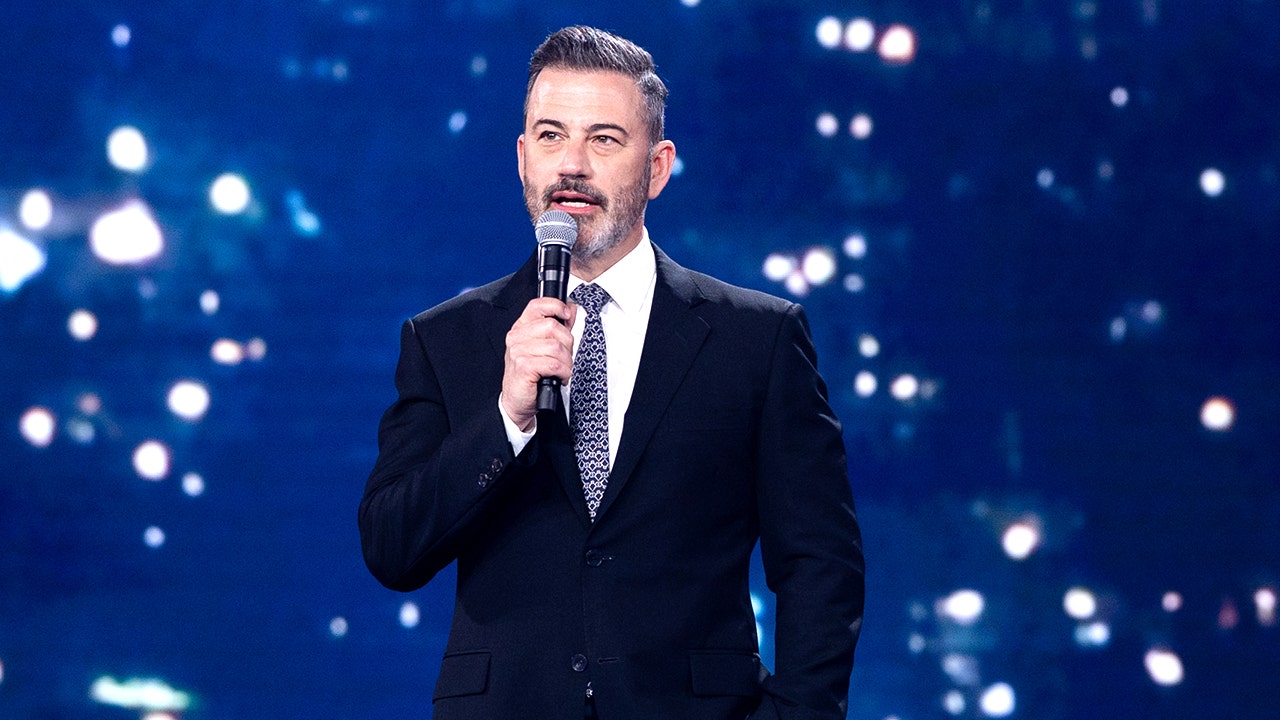What Lesson Should Liberals Learn from the Jimmy Kimmel Saga?

Published: 2025-09-18 19:29:36 | Category: Trump GNEWS Search
In recent developments, ABC has pulled "Jimmy Kimmel Live!" from its programming indefinitely due to backlash surrounding comments made by host Jimmy Kimmel regarding the alleged assassin of conservative commentator Charlie Kirk. This decision has sparked a heated debate about free speech, media responsibility, and the influence of governmental agencies on broadcast content.
Last updated: 26 October 2023 (BST)
Key Takeaways
- ABC indefinitely pulls "Jimmy Kimmel Live!" amid controversy over host's comments.
- Kimmel faced criticism for suggesting the alleged assassin had ties to the "MAGA gang."
- The FCC has intervened, demanding accountability from Disney and ABC.
- Industry insiders are concerned about the implications for free speech and media regulation.
- The fallout raises questions about the definition of 'public interest' in broadcasting.
The Context of the Controversy
The incident began when Jimmy Kimmel made comments linking Tyler Robinson, the accused assassin, to the "MAGA gang," despite evidence suggesting Robinson held left-leaning ideologies. His remarks were perceived as an attempt to politicise a tragic event, which many found distasteful. Following the backlash, particularly from affiliates like Nexstar Media Group and Sinclair Broadcast Group, ABC decided to pull the show to mitigate further controversy.
Impact on Free Speech and Media Regulation
This incident has ignited a fierce debate about the balance between free speech and responsible broadcasting. An ABC insider remarked that the situation should serve as a cautionary tale for both sides of the political aisle regarding the influence of executive branches on media content. The staffer highlighted a concern that defining hate speech could lead to censorship and political bias in media.
Reaction from the FCC and Industry Insiders
Brendan Carr, Chairman of the Federal Communications Commission (FCC), has taken a firm stance on the matter. He warned ABC and Disney that they must address the controversy surrounding Kimmel's comments or face potential repercussions, stating that broadcasters have a responsibility to serve the public interest. This has raised questions among journalists about who gets to define that public interest and what standards should apply.
The Response from ABC and Disney
Despite the mounting pressure, neither Disney nor ABC has publicly commented on the situation, which has led to speculation about their internal decision-making processes. The lack of communication has further fueled public interest and concern regarding the implications of their actions.
What Happens Next?
As the situation unfolds, it remains unclear how long "Jimmy Kimmel Live!" will remain off the air. Industry experts suggest that the show's return could depend on how ABC navigates the backlash and whether they can effectively address the concerns raised by the FCC and affiliate stations.
Public Sentiment and Broader Implications
The public response has been mixed, with some supporting Kimmel's right to free speech and others demanding accountability from media figures for their comments. This incident underscores broader societal tensions regarding political discourse, media responsibility, and the potential consequences of inflammatory rhetoric.
Conclusion
The decision to pull "Jimmy Kimmel Live!" highlights a critical intersection of media freedom, political influence, and audience expectations. As the landscape of broadcasting continues to evolve, this incident may serve as a pivotal moment in defining the relationship between content creators, regulatory bodies, and the public.
What does this incident suggest about the future of late-night television and the role of media in shaping public discourse? #MediaFreedom #FreeSpeech #Broadcasting
FAQs
Why was "Jimmy Kimmel Live!" pulled from the air?
ABC pulled "Jimmy Kimmel Live!" indefinitely due to backlash over comments made by Kimmel regarding the alleged assassin of Charlie Kirk, which were seen as politically charged and controversial.
What are the implications of the FCC's involvement?
The FCC's involvement raises questions about media regulation and the definition of public interest in broadcasting. The chairman has indicated that broadcasters must be accountable for their content.
How has the public reacted to this controversy?
Public sentiment has been divided, with some supporting Kimmel's freedom of speech while others call for greater accountability from media figures regarding their public statements.
What does this mean for late-night television?
This incident could signal a shift in how late-night television handles sensitive political topics, potentially leading to more cautious commentary from hosts to avoid similar controversies.
Are there potential consequences for ABC and Disney?
If ABC and Disney fail to address the situation adequately, they could face sanctions from the FCC or pressure from affiliate stations, impacting their broadcasting operations.



